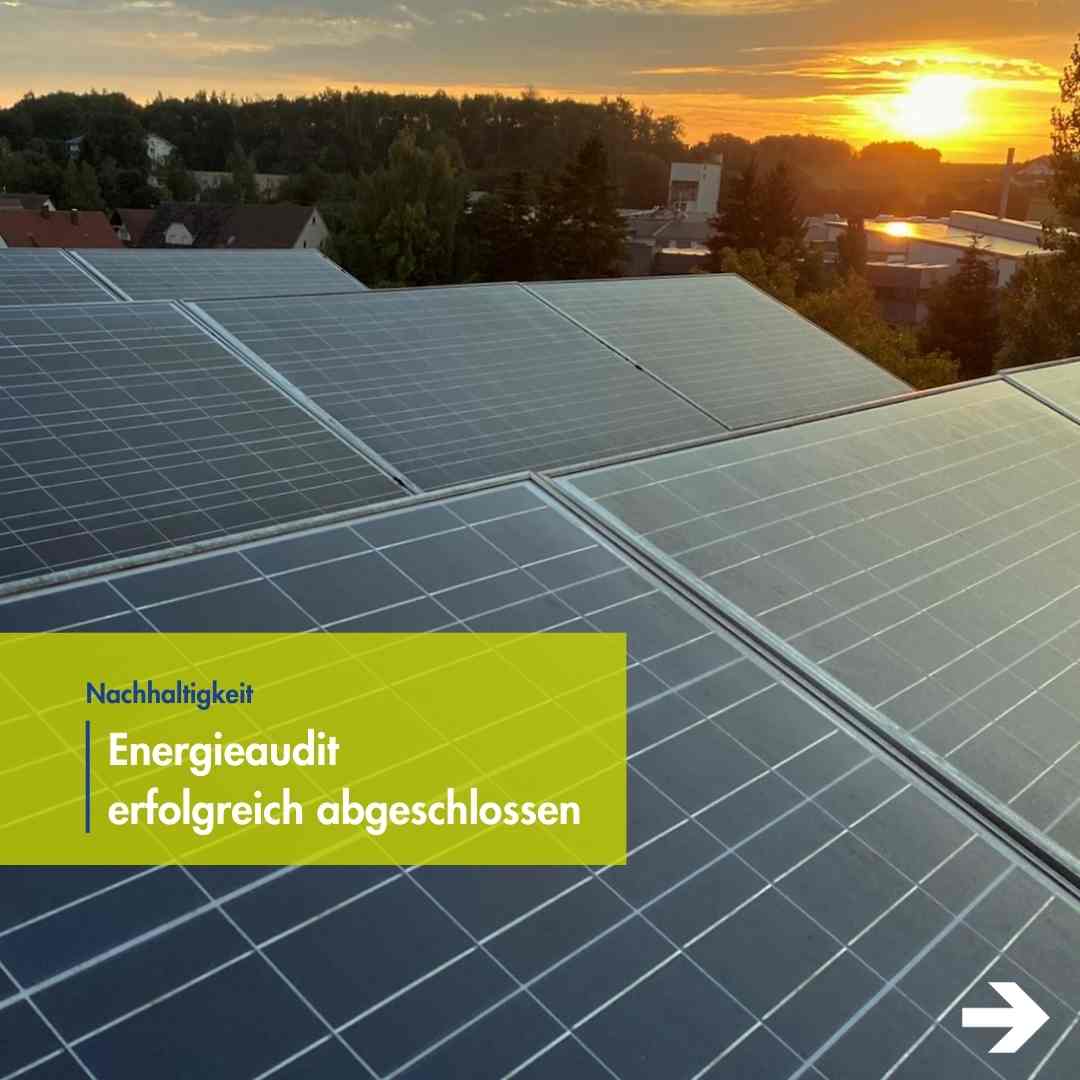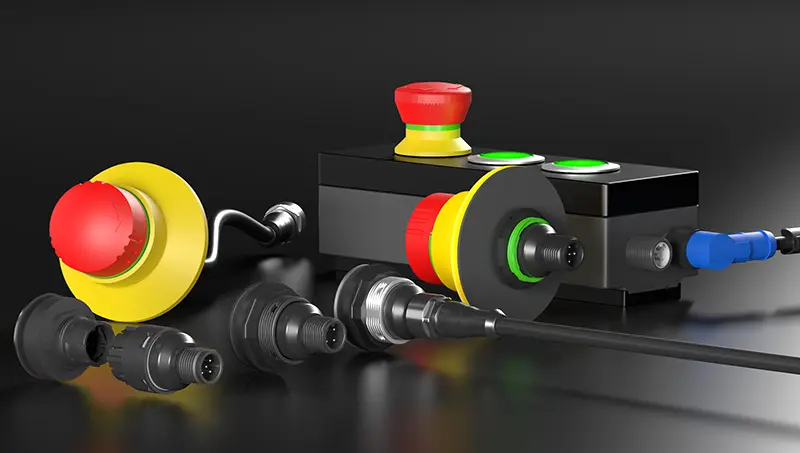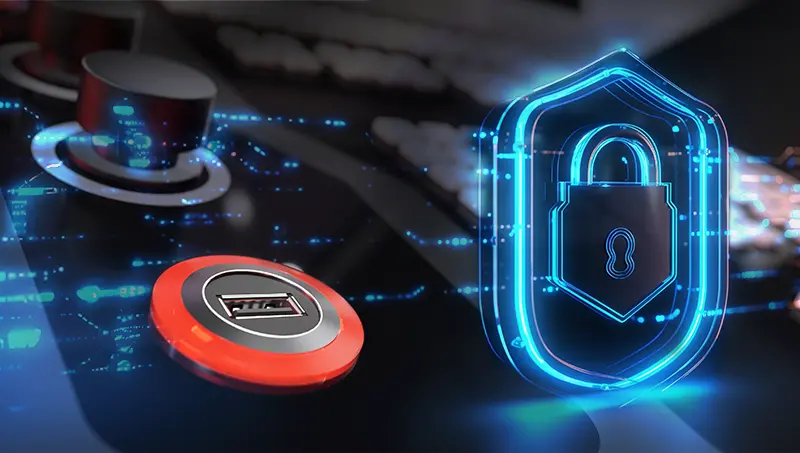
The first step of the audit was to evaluate the annual energy consumption and pinpoint those areas that consume the most energy. A big part of the consumed energy is still required in the production. By paying those areas a visit, they have been evaluated separately and energy-saving potentials have been derived. Those are rated in the record, whether they can be realised technically, how quick they become profitable and corresponding to that, how viable they are for the company.
Possible savings
The report mainly sees possible savings in waste heat utilisation, waste heat recovery and the heating systems themselves. Another thing that was recommended is to switch to LED lighting. This has been realised in many areas already.
Starting in 2024, the energy audit is mandatory for many companies. Anticipating that, SCHLEGEL has realised it in 2023 already.
The energy audit is the basis for an environmental management system according to ISO 14001 which SCHLEGEL wants to implement, as quality manager Michael Weber explains. He is also the one who initiated and monitored the energy audit.





